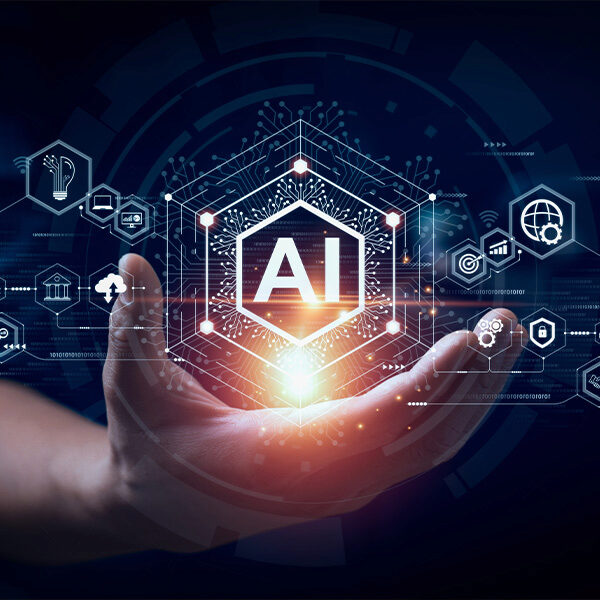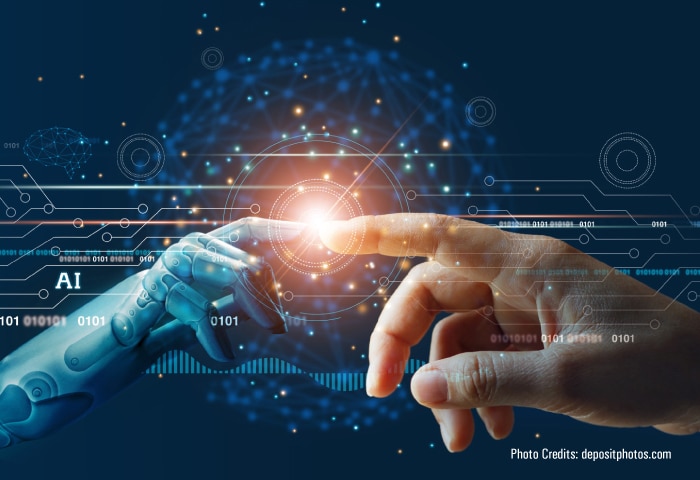
The Evolution of AI: Insights Beyond Analysis
Artificial Intelligence (AI) has undergone a remarkable transformation over the years. From rudimentary algorithms to sophisticated models, the journey of AI development highlights the vast potential of this technology to reshape our world. Not only has AI enabled automation and efficiency in various industries, but it has also prompted profound discussions about the implications of machine learning in our daily lives. As someone who has closely followed this evolution, I find it fascinating to explore the multilayered impacts of AI beyond mere technical progress.
The Intersection of Mind and Machine
The advent of large language models (LLMs) has marked a pivotal moment in AI evolution. These models are not just tools for data processing; they represent a revolutionary leap in how we perceive and interact with machines. By generating human-like text, LLMs facilitate conversations, assist in creative writing, and even engage in problem-solving. This extensive functionality raises a fundamental question: What does it mean to be ‘intelligent’? While these models excel at tasks that involve understanding context and generating coherent output, they still lack human-like reasoning and emotional intelligence.
It reminds me of an incident from a few months ago when I used an AI writing assistant to co-author a short story. The assistant suggested twists and turns I would have never considered, demonstrating its capacity to understand narrative structure. However, despite crafting an engaging storyline, its understanding of human emotion didn’t resonate on the same level. This experience encouraged me to reflect on the nuances of human creativity versus machine generation.
 AI algorithms revolutionizing creative processes
AI algorithms revolutionizing creative processes
The Ethical Landscape of AI Applications
As I delve deeper, concerns regarding the ethical implications of AI technology become more pressing. With the power to generate content, make decisions, and even influence public opinion, there is a growing need for accountability and ethical frameworks. Instances of bias in AI outputs frequently emerge, revealing the limitations of models trained on historical data that may perpetuate societal inequalities.
This has led me to evaluate the role of transparency in AI development. For instance, how can we trust the outputs generated by AI if we cannot comprehend the data and processes that drive them? Building trust between users and AI systems will require clear communication about how these models function and the data they use. Without this, the risk of misunderstanding and misinformation only grows.
The Future is Collaborative
Adapting to the realities of AI means embracing a future where humans and machines collaborate rather than compete. The most successful applications of AI are those that enhance human capability, rather than replace it. For instance, in healthcare, AI aids in diagnostics and personalized treatment plans, ultimately allowing doctors to make better-informed decisions. This synergy between AI and human intelligence can lead to innovative solutions that benefit society at large.
I recall a recent healthcare panel I attended where experts emphasized that AI should act as a supportive system that empowers healthcare professionals. At the end of the day, it’s about enhancing human potential through technology, creating an ecosystem where both attributes flourish side by side.
 Envisioning a future where AI and humans collaborate seamlessly
Envisioning a future where AI and humans collaborate seamlessly
Conclusion
In conclusion, the evolution of AI represents a multifaceted journey marked by technological advances and ethical considerations. As we navigate this landscape, it’s crucial to focus on the partnership between humans and AI. By fostering transparency, embracing collaboration, and addressing ethical dilemmas, we can harness the full potential of AI technology in ways that benefit society as a whole. The ongoing discourse around AI will undoubtedly impact future generations, and it is our responsibility to steer its trajectory towards a future filled with promise and possibility.














